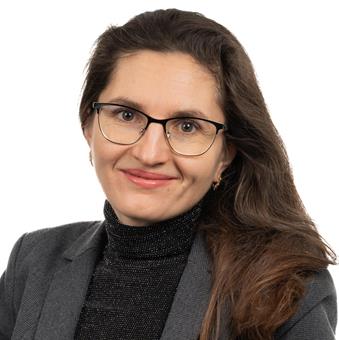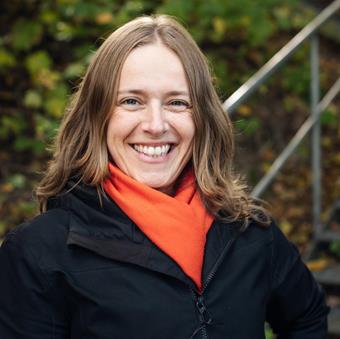Tema M builds on a strong tradition of interdisciplinary environmental studies that have permeated the unit since 1980 and the Center for Climate Science and Policy Research (CSPR) since 2004. At Tema M, these studies are further developed and profiled in relation to contemporary environmental science and environmental policy development.
Environmental Change (TEMAM)
Tema M – Environmental Change is a platform for highly topical, problem-oriented and critical interpretive environmental research and education. At a time when almost the entire nature bears traces of human activity, the state of the environment is strongly linked to the development of society. Today, environmental problems are no longer perceived as ‘problems in nature’ but also as complex social problems that set new standards for scientific breadth, integration and problem-solving.
Environmental Change meets this challenge through a strong combination of analysis traditions and methods for natural science, social sciences, and the humanities. Among these included are analysis of biogeochemical processes and material flows, policy studies developed in close collaboration with user groups, as well as analytical studies of ideas and debates within the environmental and climate field. By promoting interdisciplinary cooperation in the borderland between these different analytical traditions, Tema M ensures that environmental change as a concept, process and political point at issue is not taken for granted but instead subject to constant review and transparency.
Tema M builds on a strong tradition of interdisciplinary environmental studies that have permeated the unit since 1980 and the Center for Climate Science and Policy Research (CSPR) since 2004. At Tema M, these studies are further developed and profiled in relation to contemporary environmental science and environmental policy development.
Tema M builds on a strong tradition of interdisciplinary environmental studies that have permeated the unit since 1980 and the Center for Climate Science and Policy Research (CSPR) since 2004. At Tema M, these studies are further developed and profiled in relation to contemporary environmental science and environmental policy development.
News
Calendar
Research areas
Research environments
Publications
Complete list of publications
To the complete list of publications for Environmental Change in DiVA
Latest publications
2026
 Continue to DOI
Continue to DOI
 Continue to DOI
Continue to DOI
 Continue to DOI
Continue to DOI
 Continue to DOI
Continue to DOI
 Continue to DOI
Continue to DOI
PhD Programme and education
Contact
Head of Division
Management Support
Administrator
Staff
Address
Visit us in Tema Building, Campus Valla
Postal adress
Linköping University, Department of Thematic Studies/Environmental Change, 581 83 Linköping, Sweden


























































